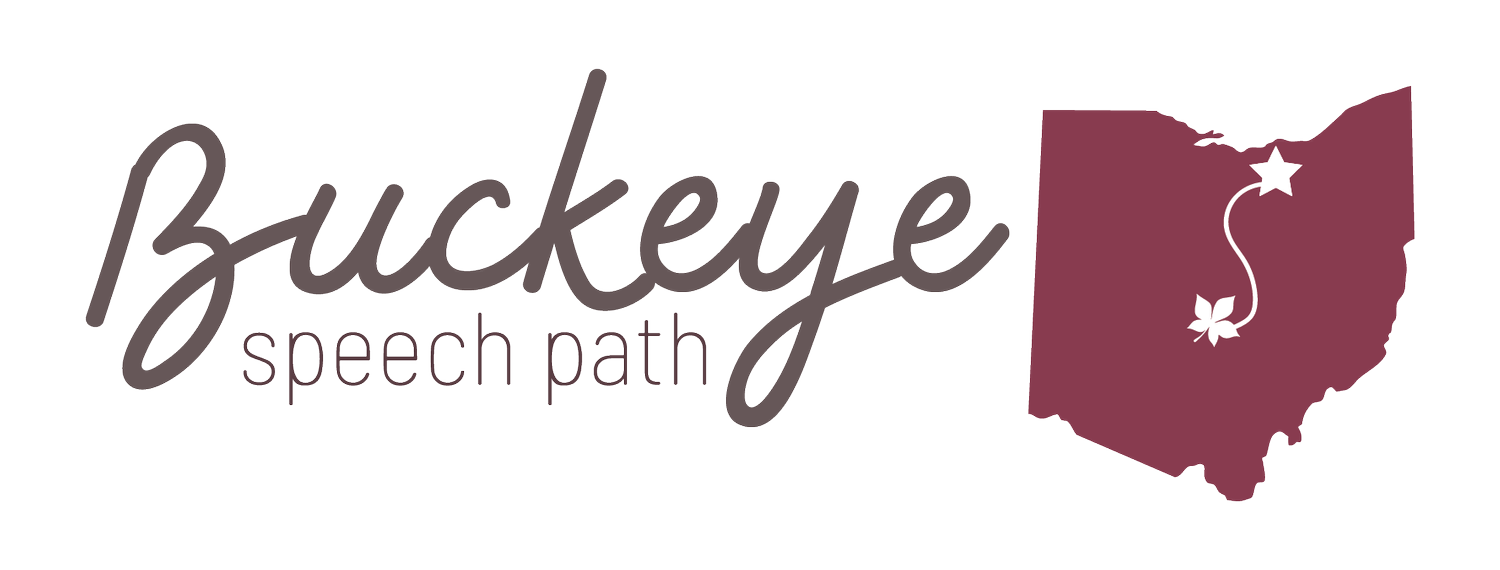How does stress play into our communication abilities?
Stress. The one word that conjures up so many emotions. When I hear the word stress, I almost immediately feel tension in my body, even if I’m not experiencing actual stress. However, after many years of work, I have also trained myself to start deep breathing at the thought of stress, and it helps deliver a calming sensation that allows me to focus my thoughts where they need to be. When I allow stress to wash over me, other than the physical sensation my body experiences (i.e. racing heart, dry mouth, sweaty palms, shaking legs…) I can almost guarantee that my communication will start to break down. Most often for me, as an adult, I will start to stumble over my words, have difficulty finding the right words, call my children by the wrong names, and even completely forget what I wanted to say, or why I walked into a room. For children, this may not manifest itself exactly the same, but it can still lead to changes in their communication. I often notice that my youngest son will ask a lot of questions and even repeat himself, while my middle son becomes visibly tense and his volume gets louder when speaking. Everyone experiences stress differently, but we can all agree that managing stress is an essential component of a healthy lifestyle. April is National Stress Awareness Month, and at Buckeye Speech Path, we are sharing some tips on how to manage stress when communicating! Follow along to see if these tips can help you:
When you feel stressed and are in the middle of talking, attempt to take a deep “belly breath”. I like to breath in deeply through my nose for 3 seconds, while slowly breathing out through pursed lips for a count of 6 (think: sniff the flower, blow out the candles).
Focus on the main issue or message at hand, stay on that topic. Recognize that we might be speaking with emotions behind the words, and can also be listening the same way. We need to stay aware of our bias during a stressful situation and eliminate any distractions.
Pay attention to your body language and present yourself in a way that shows you are trying to be an open and effective communicator. Remember to use good eye contact if you are comfortable with that, while sitting up tall and smiling when possible.
Attempt to create a “plan” in your mind for dealing with the stressful event/situation. Separating out what you will do in the future from what you need to do now, will allow you to stay present and finish your communication exchange.
At Buckeye Speech Path, we are passionate about looking at the communication abilities of our clients holistically. We talk about stress awareness in our traditional speech therapy sessions, with our clients who are in our Brain Health classes, and with our middle and high school students who are looking to improve their general communication abilities. Some clients who stutter benefit from being very in tune with their levels of stress, along with those who have impairments like Aphasia or Brain Injury. It is important for all communicators to know about stress and how it affects them, so that we know how to handle it. If you are experiencing any forgetfulness, saying the wrong words, feeling scattered with decreased focus, stress could be a contributing factor (amongst other medical issues). As always, talk to your physician with any concerns you may have regarding your health (who may recommend a counselor or therapist, as well), but consulting an experienced speech therapist can help you on your journey of improving your communication abilities. We welcome all clients at Buckeye Speech Path, both pediatric and adult, and offer complimentary 15-minute screenings to help determine if we are a good fit to help you meet your goals. Reach out at (440)253-9141 to get your consultation scheduled today.

